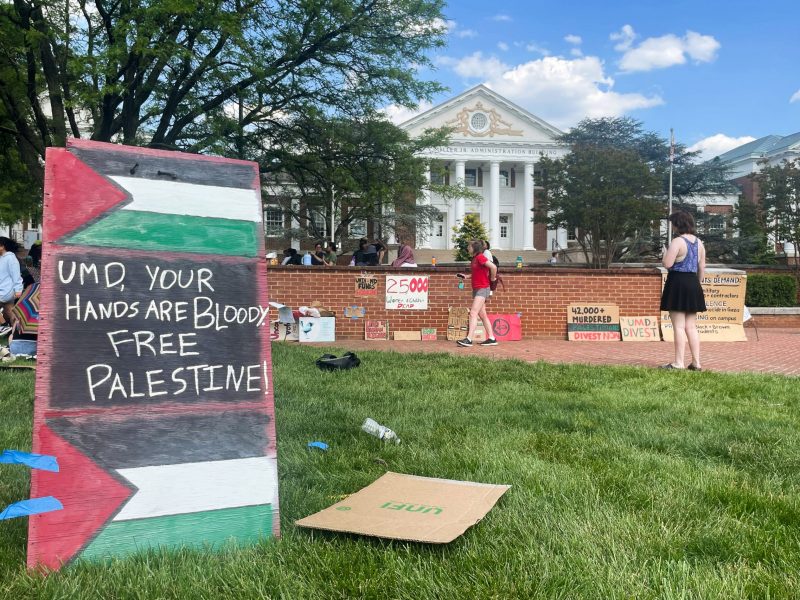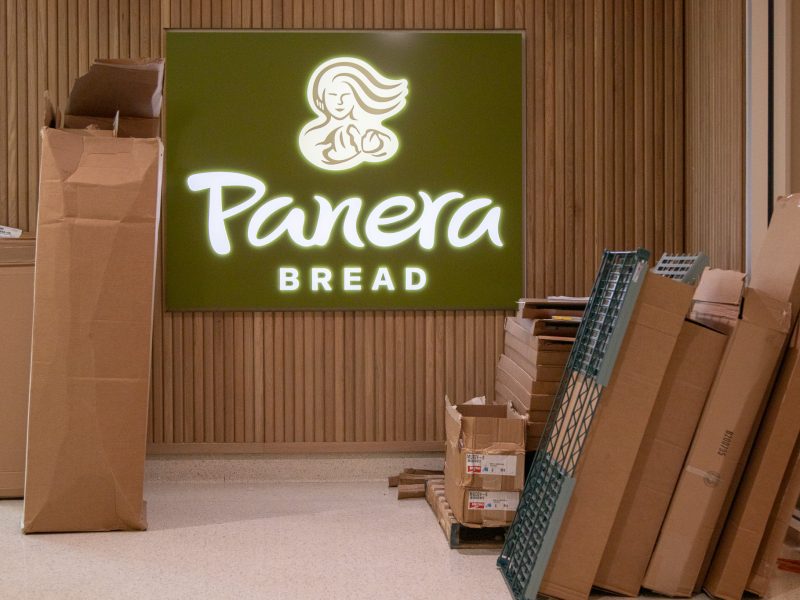A doctor from the University System of Maryland has partnered with a laboratory to help marijuana growers learn more about the content of their product.
Andrew Rosenstein, a doctor at the University of Maryland St. Joseph Medical Center in Towson, is one of several doctors to partner with Steep Hill Labs to test the potency and safety of cannabis.
“The reason we partnered with Steep Hill is because they have the most experience in cannabis testing in the world, they’ve been doing it the longest, they have the highest standards,” Rosenstein said.
The testing in Washington will begin in two to three weeks. These growers, Rosenstein said, are not required to test their marijuana by D.C. law. However, several of them are doing so anyway because they want to know more about the products they sell.
“If you’re going to do a study on someone and you want to know what type of cannabis to use for a patient, you’re going to need to know the potency,” Rosenstein said. “Within one minute we can get [customers] potency results. It’s very fast and very accurate.”
The Steep Hill Express, a device that tests for potency, can only test the potency of the drug, but not other characteristics such as the toxicity levels, Rosenstein said. However, Steep Hill plans to bring a larger, more complete lab to Washington in about one year.
Maryland is expected to begin selling medical marijuana near summer 2017, several months after the state was scheduled to begin selling, due to more stringent requirements to receive a cultivation license, according to New Frontier Data, a group that analyzes the cannabis market.
When testing does begin, Steep Hill will be able to test for a wider variety of elements, such as moisture content, Rosenstein said.
The state had planned to begin the medical marijuana program in late 2016 or early 2017, according to the report, which describes an “overwhelming interest from both potential patients and business owners.”
The market size is expected to reach $129.7 million by 2020, according to the report in Maryland.
Maryland has already issued cultivation and processing licenses but has yet to issue licenses for dispensaries, said Philip Goldberg, CEO of Green Leaf Medical, which is one of 15 licensed growers in Maryland.
Even once medical marijuana is accessible in the state of Maryland, students will not be permitted to use it.
“[Cannabis] remains illegal at the federal level and institutions may jeopardize federal funding [if it] is allowed on campuses, despite state laws,” David McBride, the director of this university’s health center, wrote in an email. “In addition, we don’t see many patients who would be appropriate for treatment with medical [marijuana].”
Once the state decided to legalize medical cannabis, Rosenstein said, the group partnering with Steep Hill, decided they wanted to make sure the patients were receiving safe cannabis.
Goldberg said interacting with patients has changed his motive from a financial to a compassionate one.
“To find myself in a place where my business can help people is a wonderful thing,” Goldberg said.
Green Leaf Medical, located in Frederick County, will be able to grow around 6,000 plants at a time, Goldberg said. The company also works to reach out to physicians to let them know that medical marijuana is an option for their patients, he added.
One of Green Leaf’s goals, Goldberg said, is “returning some sense of normalcy to these people’s lives.”



